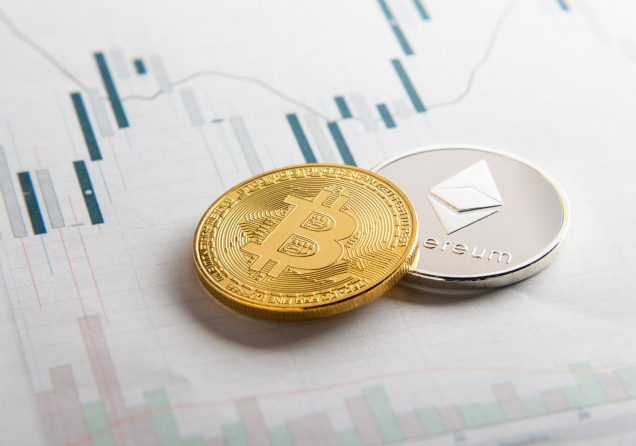The effect of COVID-19 on the forex market
The novel coronavirus has taken over the entire world in just a couple of months. There’s basically no country left that hasn’t been affected by this virus in one way or another. Healthcare, travel and a bunch of other sectors have had to adjust to the new reality, not to mention the fact that we all have had to do that as well. One of the biggest problems COVID-19 has created though was that it took its toll on the global economy which is now in one of its lowest states in a very long time.
And now with a lot of countries on the verge of an economic crisis, there’s basically no industry or sector left untouched by the current situation. Even though some economists have made predictions prior to COVID-19 becoming a pandemic, the numbers turned out to have been quite an underestimation. And the worst thing is that there’s no way to tell how bad the outcome will be after the situation has become more or less stable. As mentioned above, the global economy is going through a really rough patch with big shifts and movements in the stock market. The situation is driven by a fall in demand, meaning that there are no customers who want to purchase the goods and the services that are on the market. The situation is so bad that the Dow and FTSE saw their biggest quarterly drop in the first few months of the year since 1987. And it is this dynamic that has led economists contemplating whether the COVID-19 pandemic could lead to a global recession on the scale of the Great Depression. And the FX market is definitely no exception.

This time is truly the biggest test for forex trading and its continuity plans as well. There have already been a lot of surveys as research carried out in order to investigate just how well different organizations are prepared to face the reality and the state of the FX market which was definitely at one of its best points before the new coronavirus struck. The global pandemic truly came in at the worst time for the forex maker.
The state of the forex market
While the current situation on the forex stock market is gradually becoming worse and worse, brokers all over the world are trying to face this issue. FX trading volumes and volatility have soared on the back of market turmoil in equity and fixed income markets. However, this isn’t the first global crisis the FX market has had to go through. But this time is completely different from any previous occurrences due to the scale of the pandemic and the speed of the global spread of the virus. This becomes very clear when we look at the pattern of the forex market dynamics.
The capital outflows from emerging markets are much larger than in previous crises. But there are similar symptoms as well like tempering of dollar movements, which has been recently caused by the prompt activation of the central bank FX swap lines. For a couple of weeks now, after the inversion, the US dollar lost its value against the euro and the Japanese yen, while sterling remained broadly stable. But after the second week of the month of March, when the Federal Reserve announced the temporary swap with a range of central banks, the dollar strengthened significantly against all currencies due to its liquidity.
This whole process isn’t a first-time occurrence. And this gives investors some ground to base hypothetical outcome theories on. The majority of them believe that the risk of a disaster ahead is relatively high in the short run. And to battle, this issue forex brokers in USA are doing their best to operate correctly. But the US dollar, wasn’t the first one to go through this turmoil, as China was the one to take the first hit on the forex market. And it wasn’t long until the Australian dollar began to be impacted too, as China is their largest trading partner. The EUR is also going through the same thing. Even though the European Central Bank (ECB) announced they would inject €750 billion into the economy, this didn’t really make that big of a difference, which only speaks of the severity of the current situation.
How the FX market is responding to the recent events
Due to the ongoing pandemic, the forex market global code calls for market participants to be prepared for any scenario of disruption. In order to do so, brokers should have business continuity plans in place in order to respond appropriately to the nature, scale, and complexity of the current situation regarding the FX market. For them to be effective, they should be implemented as quickly as possible, due to the large-scale disruptions.
While trying to focus on the financial part of things, many brokers and organizations are prioritizing the health of their employees over anything else, as they should be. This is why a lot of them are currently encouraging their staff to work from home, at least part-time, meaning that a few days a week, they work from home, and the rest of the days they work from the headquarters of their companies, that are getting sanitized regularly.
Understandably, there is a lot of confusion regarding the current global economic status, which greatly impacts the forex market. But this doesn’t necessarily mean that the FX market has no room for growth amidst the high levels of volatility. While the outcome might not be a positive one, there are a lot of ways to make the most of the situation, which is what every professional broker is currently worrying about and trying their best to work on.
Regulated Brokers
The table below contains links to 3rd party websites of our top partners from whom we receive compensation at no additional cost to you.













